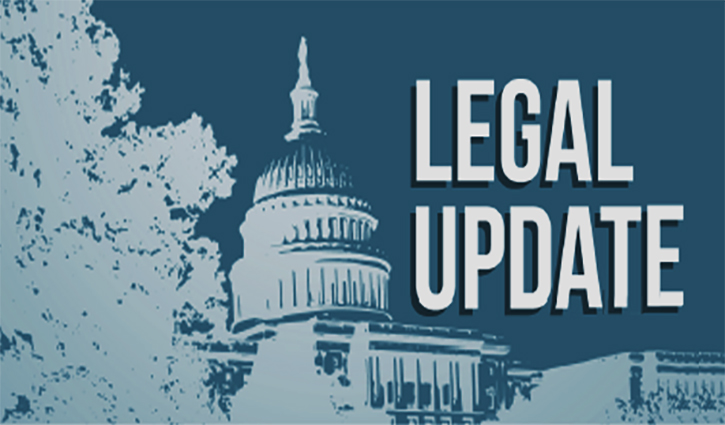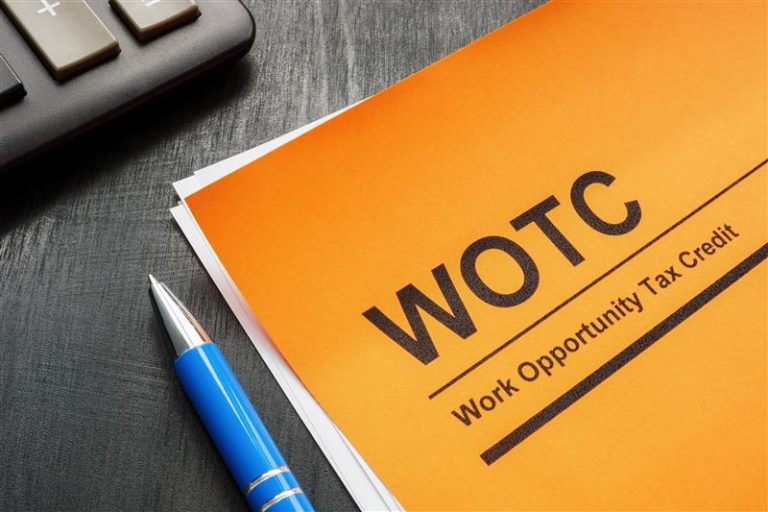The U.S. Citizenship and Immigration Service (USCIS) finalized a Proposed Rule with few changes that will impose significant increases in H-1B Visa processing fees. USCIS published the Final Rule on January 31, 2024, which is scheduled to go into effect on April 1, 2024.
USCIS’s operations are substantially funded by application fees, although emergency federal funding has been approved, e.g., in October 2021 Congress appropriated funds to address the significant COVID-19-related backlogs. USCIS argued the 2024 increases—the first since 2016—will allow the agency to “recover its operating costs more fully and support timely processing of new applications.”
However, in addition to up to 70% increases for H-1B visa applications, USCIS added an unrelated, and many argue unjustified, $600 fee to every I-129 and I-140 filed to cover unfunded costs of asylum petitions. Employers could end up paying this $600 fee multiple times to cover the initial petition, work location changes, extensions, and immigration status change. USCIS posted a chart showing the Fee Increases, including the 2050% increase in the H-1B visa lottery registration fee, in an FAQ on its website. Because the effective date is April 1, the registration fee increase will start next year.
TechServe Alliance CEO Mark Roberts in March 2023 submitted comments opposing the Proposed Rule and its impact on the IT/engineering staffing industry, and small business members in particular. Roberts said,
“Fees would skyrocket if employers must pay the $600 fee for every I-129 and I-140 petition filed. . .. These additional fees will significantly impact IT and engineering staffing firms, which file changes for a new job site more often than other employers. . .. Given the role of IT and engineering staffing firms in shifting talent to where and when it is needed, the proposed fee increase for every change status would have a significant adverse impact on these firms.”
Roberts also provided a specific example of how a small business member with revenue under $7 million, and 40 U.S. employees and five to six H-1B visa employees would be negatively impacted. He warned that if costs increased dramatically, small businesses may have to abandon the H-1B visa program to fill talent gaps, potentially pushing work offshore. (See Roberts’s comments which includes detailed information and graphics.)
In one of the few changes in the Final Rule, USCIS listened to the Small Business Administration (SBA) which advocated for a reduction in the asylum fee for small businesses echoing TechServe’s concerns. USCIS agreed to reduce the fee but limited the reduction from $600 to $300 to businesses with 25 or fewer employees. This change may benefit some TechServe members as some would be considered small businesses by the SBA; however, the SBA small business designation is based on industry revenue, not number of employees. USCIS agreed to waive the asylum fee for non-profits.
While the agency authorizing statute allows USCIS to increase fees, with justification, lawsuits are expected to challenge the add-on asylum fees. In an interview with Forbes, Fragomen attorney Kevin Miner of Fragomen noted that “companies currently pay significant government fees, including a $500 fraud detection and prevention fee for H-1B and L-1 visas, a $1,500 H-1B scholarship and training fee and premium processing that will soon exceed $2,800. Miner told Forbes,
“Rather than looking to what processing a particular application actually costs, DHS instead is basing fees on what it views as the ability to pay. The deeper the pockets the agency believes a filer has, the greater the fee increase. There are serious questions whether the agency has the authority to set fees in this way, and it won’t be surprising to see lawsuits challenging this methodology.”
TechServe’s Government Affairs Team will continue to monitor developments with potential litigation and implementation of the Fee Rule. In the meantime, please contact us with any questions or concerns.
More Information:
USCIS, FAQs About New Fees
Forbes, “USCIS Significantly Raises H-1B Visa and Immigration Fees,” January 31, 2024












